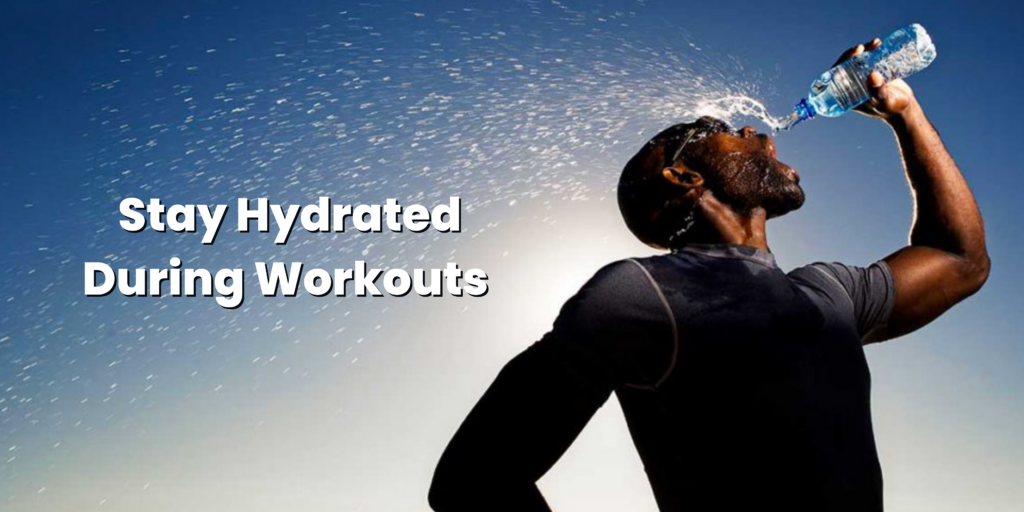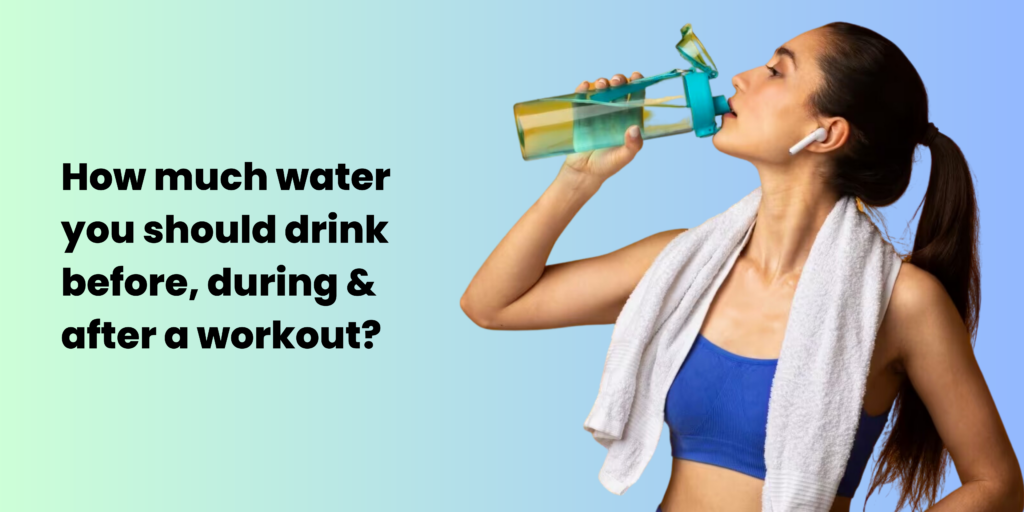
Have you also been feeling drained and sluggish during your workouts? Have you ever wondered why stay hydrated is so important for peak performance? Well, drink up, my friends! In this blog post, we will explore the fascinating science behind hydration & how it can make all the difference in your workout routine. So, grab a glass of water and dive into the benefits of staying hydrated during exercise.
Why You Need to Stay Hydrated During Workouts
When you work out, you sweat. And when you sweat, you lose water. So it’s important to drink up before, during, and after your workout to stay hydrated.
But why is staying hydrated so important? For one, it helps your muscles work efficiently. When you’re properly hydrated, your blood can carry more oxygen to your muscles so that they can work harder and longer.
It also helps prevent cramping. When you don’t have enough water, the muscles can’t work properly and can cramp up.
And finally, staying hydrated will help you recover faster after a workout. When you sweat, you lose water and electrolytes like sodium and potassium. Drinking fluids with electrolytes will help replenish those lost minerals and get your body back to normal faster.
Why is Hydration Important when Working Out?
When you work out, you sweat. And when you sweat, you lose fluids. It’s important to replace those fluids to prevent dehydration, which can lead to serious health problems.
Your body is made mostly of water and needs water to function properly. Your body can’t perform at its best when you don’t drink enough fluids. You may feel tired, have trouble concentrating, and your muscles may not work as well. Dehydration can also make you more likely to get injured.
That’s why drinking plenty of fluids before, during, and after your workout is important. Water is the best choice for most people, but if you’re working out for more than an hour or in a hot environment, you may need a sports drink containing sodium and potassium electrolytes.
Looking for a complete guide to workout? Click here.
How Much Water Should You Drink During Exercise?

You should drink at least 8 ounces of water before a workout and another 8 ounces for every 20 minutes of exercise. If you exercise in a hot environment, drink even more water to prevent dehydration.
What Types of Drinks Provide the Most Hydration?
Water is the best source of hydration, but many other fluids can also help keep you hydrated during workouts. Sports drinks, like Gatorade and Powerade, are specially formulated to replace electrolytes and provide energy. Coconut water is a natural source of electrolytes and is often used as a sports drink alternative. Fruit juice and milk are also good sources of fluid and nutrients.
You can also try our protein shakes from here.
Dehydration: Symptoms and Prevention Tips
Dehydration is a major concern for athletes and can lead to serious health problems. Symptoms of dehydration include thirst, dark urine, dry mouth, fatigue, and headache. If you are dehydrated, your body will not be able to perform at its best, and you may even faint.
To prevent dehydration, drink plenty of fluids before and during your workout. Water is the best choice, but sports drinks can also be helpful. Avoid caffeinated beverages, as they can cause dehydration. And make sure to monitor your urine color – if it’s dark yellow, you need to drink more fluids.
Conclusion
Staying hydrated during workouts should be a top priority for everyone, no matter their fitness level. Not only does proper hydration help to prevent fatigue and dizziness, but it also helps to optimize performance and reduce the risk of injury. You can stay hydrated throughout your workout by understanding your sweat rate and drinking the right fluids before, during, and after exercise. So don’t forget to drink up! Your body will thank you.
Track your water intake through ParaFit application.






